While most people know that the hamburger prototype hails from Germany, and thatItalians weren't first to the concept of pizza, there are some more foods that you have been thinking are from certain countries when they're really not. Behold, seven foods that have been fooling you this whole time.
1. Fortune cookies are not Chinese.
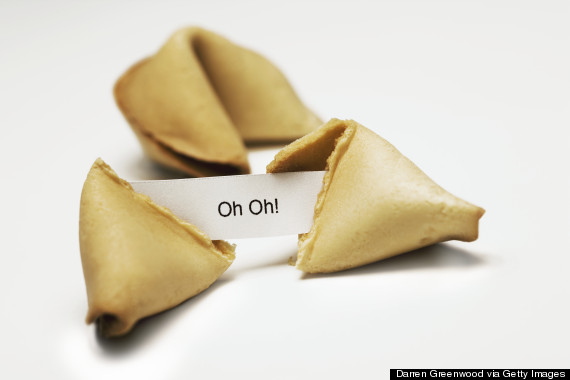
Yasuko Nakamachi, a graduate student from Japan who was researching the origins of those ubiquitous cookies, told the New York Times in 2008 the biscuits are really an old Japanese creation. Nakamachi saw a factory near Kyoto that had been around for three generations and made cookies that were very similar to the fortune cookies we see in America. The owner of the bakery said that putting paper fortunes in "confectioneries and candies" goes back in Japan for decades.
And ABC News reported in 2008 that fortune cookies are not served in China. Jenny Lee, the author of "The Fortune Cookie Chronicles," told ABC News, "I actually brought a bunch of fortune cookies to China and gave them to Chinese people, who were very confused."
2. But the word “ketchup” has origins in China.
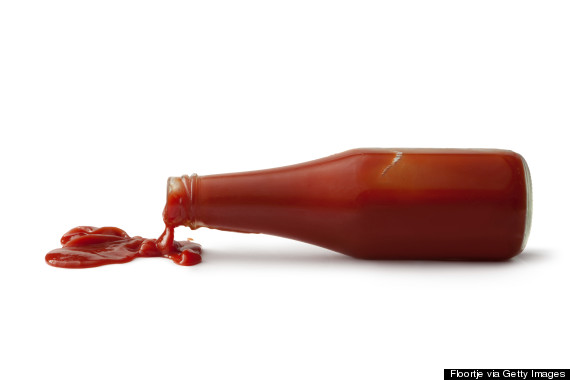
A 2012 Slate article dives deeply into the topic and reported that the word "ketchup" first meant "fish sauce" in the Chinese dialect of the Fujian province more than 500 years ago. Today the word has "died out," but "tchup" continues to mean "sauce" in many Chinese dialects. And the first version of it never included tomatoes. It was a strong sauce made out of "salted and fermented anchovies" that Chinese seamen introduced to other southeast Asian countries, like Malaysia and Indonesia, and eventually made its way further west. However, adding tomatoes to ketchup may have been an American invention. NPR reported that "the first known published tomato ketchup recipe was written by the Philadelphia scientist and horticulturalist James Mease in 1812."
3. Churros are not Mexican.
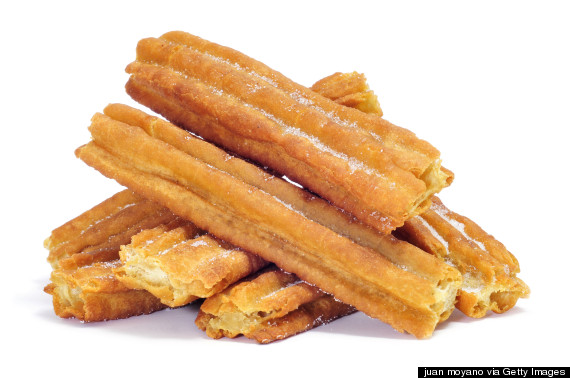
The jury is still out on whether it was Spanish shepherds, Portuguese sailors or Chinese people who invented churros, but we know it was not invented by Mexicans. Some theories say that shepherds invented the treat when they realized they were easy to make in frying pans over fire, and named them "churros" due to the breed of sheep called the "churra" that originated in the Iberian Peninsula.
The other theory is that Portuguese sailors discovered similar pastries in China and brought them back to their country. Then Spain picked up on the churro trend from Portugal and twisted it to make it their own. Whoever it was who invented them, churros were introduced to Latin America by conquistadors.
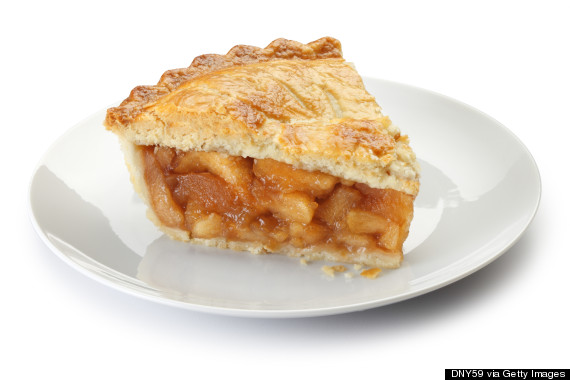
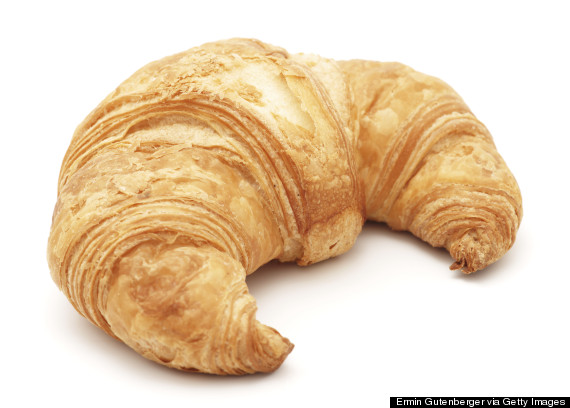
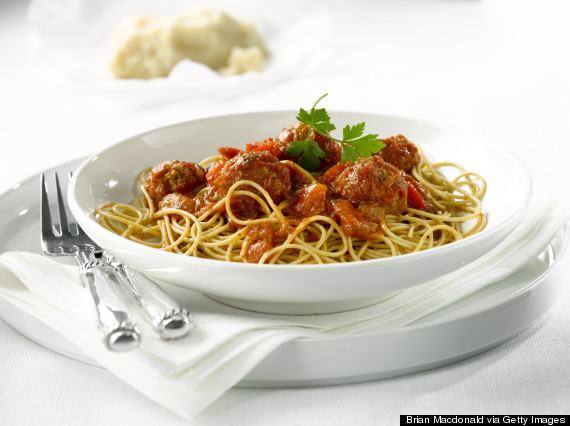
No comments:
Post a Comment